
The FDA accelerates approval of sevabertinib for advanced non–small cell lung cancer, showcasing promising efficacy and manageable safety in clinical trials.

The FDA accelerates approval of sevabertinib for advanced non–small cell lung cancer, showcasing promising efficacy and manageable safety in clinical trials.
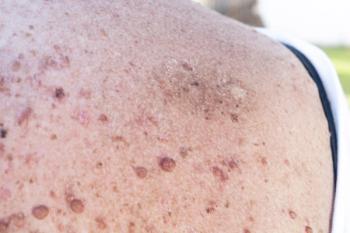
Selumetinib gains FDA approval for adults with neurofibromatosis type 1, offering hope for those with inoperable plexiform neurofibromas.
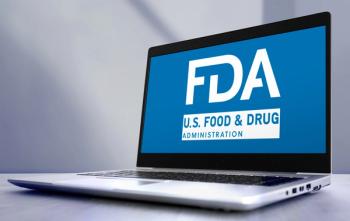
With this action, Thrombate III has become the first and only antithrombin concentrate approved for adult and pediatric patients with hereditary antithrombin deficiency (hATd).

Plozasiran gains FDA approval to significantly lower triglycerides in adults with familial chylomicronemia syndrome, enhancing heart health management.

Epcoritamab-bysp demonstrated impressive response rates and improved progression-free survival.

Ziftomenib gains FDA approval as a targeted treatment for relapsed acute myeloid leukemia with NPM1 mutations, offering new hope for patients.
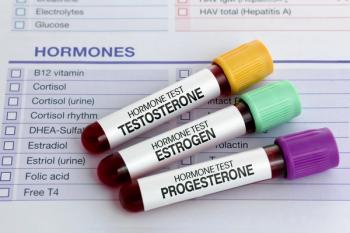
The FDA lifts the black box warning on hormone replacement therapy, empowering women with new options for managing menopause symptoms.
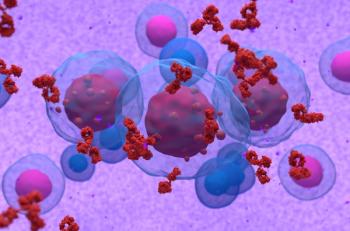
The FDA approves daratumumab and hyaluronidase for high-risk smoldering multiple myeloma, significantly improving patient outcomes and progression-free survival.
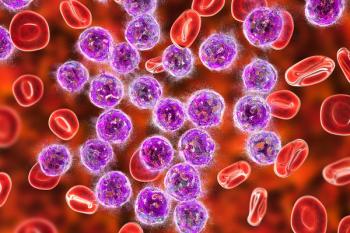
Leukogene's M2T-CD33 gains FDA orphan drug status, promising a novel immunotherapy approach for acute myeloid leukemia treatment.

As an adjunct to depression treatment, lumateperone reduced depressive symptoms and improved quality of life.

Linaclotide has been approved to treat patients 7 years and older with irritable bowel syndrome with constipation, becoming the first treatment for this indication in this age group.

The FDA has approved doxecitine-doxribtimine powder for the treatment of patients with thymidine kinase 2 deficiency developing symptoms at or before the age of 12.
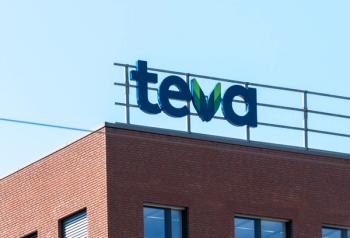
Teva Pharmaceuticals recalls over 580,000 bottles of prazosin due to contamination concerns, urging patients to consult healthcare providers.

The FDA designates Stoboclo and Osenvelt as interchangeable biosimilars for denosumab, enhancing treatment options for osteoporosis and cancer-related conditions.
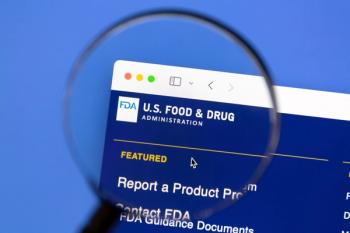
FDA designates Conexxence and Bomyntra as interchangeable denosumab biosimilars, enhancing access and affordability for patients needing critical therapies.

The agency announced that human clinical trials will no longer be required in lieu of a comparative analytical assessment to determine biosimilar equivalency with its reference product.

The FDA approves a simplified single-injection treatment for ulcerative colitis, enhancing patient experience with monthly dosing convenience.

The FDA updates sotatercept's label, enhancing treatment options for pulmonary arterial hypertension and reducing severe clinical events.

Elinzanetant, the first FDA-approved nonhormonal treatment for menopause-related vasomotor symptoms, offers women a new, effective relief option.

Revumenib was approved for adults and pediatric patients 1 year and older with relapsed or refractory acute myeloid leukemia.


FDA approves belantamab mafodotin-blmf for relapsed or refractory multiple myeloma, enhancing treatment options and survival rates for patients with limited therapies.
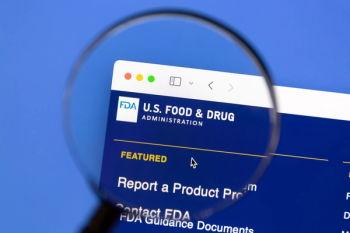
The FDA approves obinutuzumab (Gazyva; Genentech) for lupus nephritis, offering a new treatment option with improved renal outcomes for patients.
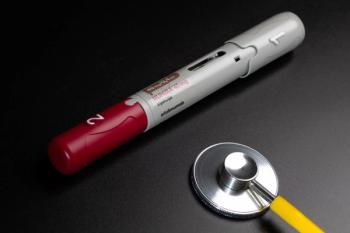
The expanded indications now include adolescents with hidradenitis suppurativa aged 12 and older and pediatrics with uveitis aged 2 and older.
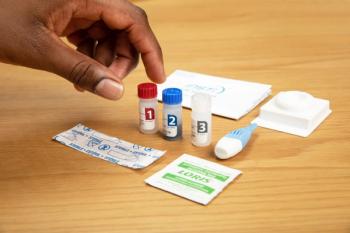
The FDA approves a groundbreaking 1-minute HIV self-test, enhancing accessibility and empowering individuals to manage their health discreetly.

Ron Lanton explains that increased pharmaceutical tariffs could drive up costs, reduce margins, and strain pharmacy supply chains, with few mitigation options available.

The approved indication now includes adults with moderately to severely active ulcerative colitis and Crohn disease who have not been treated with tumor necrosis factor blocking agents.

The move emphasizes the need for vigilant monitoring.

FDA approves Uzedy, an extended-release injectable formulation of risperidone, enhancing treatment options for adults with bipolar I disorder.
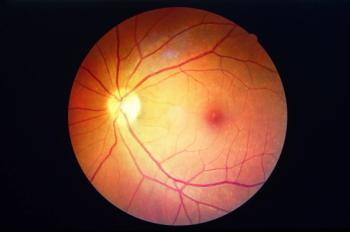
The FDA approves Eydenzelt, a biosimilar for retinal diseases, enhancing treatment options for diabetic macular edema and age-related macular degeneration.